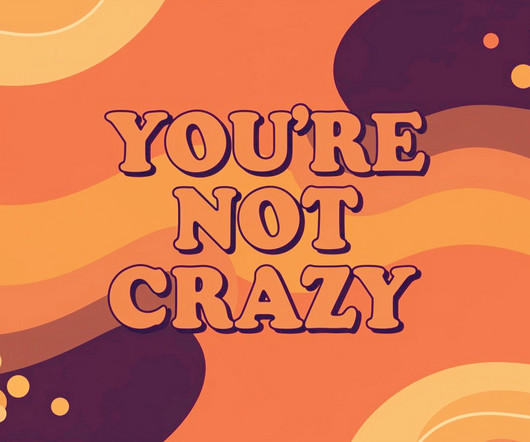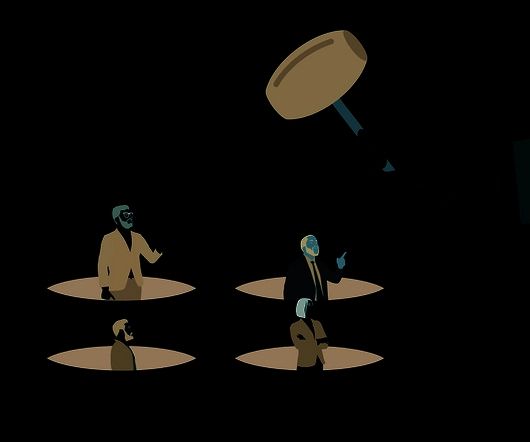How Do Psychiatry Residents Learn Psychopharmacology?
Psychiatric Times
JUNE 12, 2025
Author(s): Joseph F. Goldberg, MD , Stephen M. Stahl, MD, PhD, DSc (Hon) Now more than ever, capturing and scaling the ingredients that make for compelling and impactful teaching for trainees is vital to our future. andrey_orlov/AdobeStock CLINICAL REFLECTIONS Medical education has traversed an evolving path over the past few decades.













Let's personalize your content